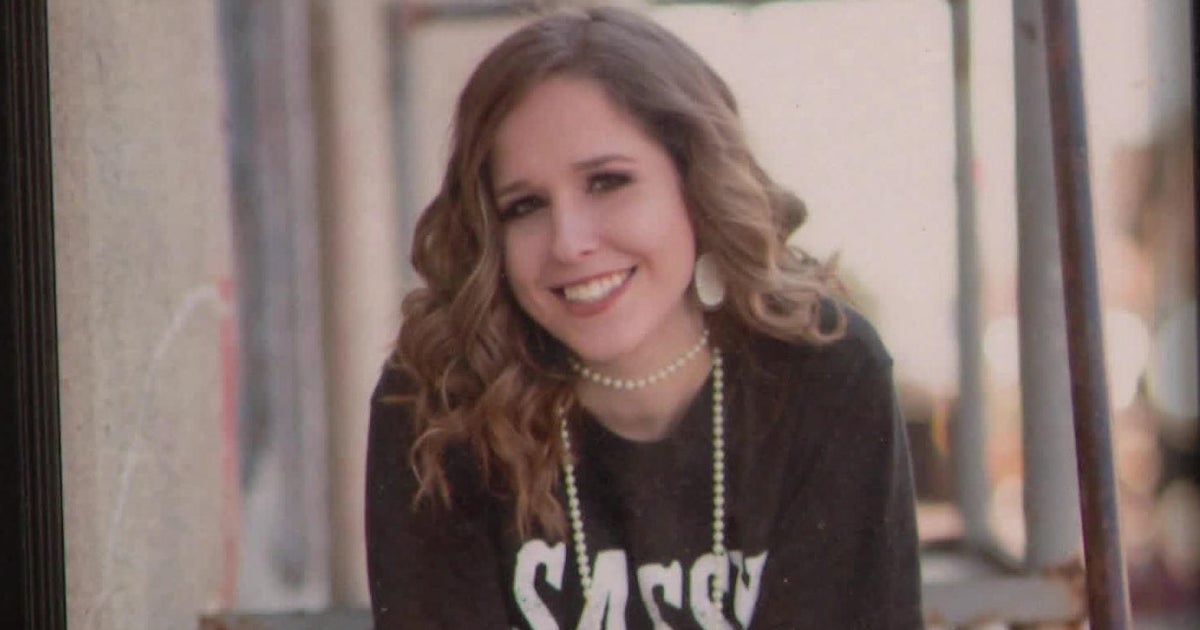Texans Await Ruling On Federal Health Care Law
DALLAS (AP) – The federal government may have to implement a major provision of President Barack Obama's health care overhaul in Texas since the state's conservative leaders are steadfastly opposed to it. But one state agency has fulfilled parts of the law and said it's prepared to move forward if the law is upheld by the U.S. Supreme Court.
Gov. Rick Perry and other Republican leaders have blasted the measure since Obama signed it in March 2010, though they've offered few solutions on how to drive down health care costs if the high court revokes the law Thursday. A quarter of Texas' population -- about 6.2 million people -- is uninsured.
Texas, among several states challenging the law, has lagged in implementing some of the law's major provisions, including setting up a state health care exchange that would serve as an insurance marketplace for people and small businesses to buy coverage. Texas received a federal grant to establish the network, but has shown little evidence of implementing the plan.
The Texas Health and Human Services Department will be responsible for the Medicaid expansion under the law, and it blames the federal government for not providing all the necessary details to comply.
"Whether (the law) is upheld or struck down or something in between, we're going to need more guidance from the federal government on how to implement some of these really complex changes the law makes," department spokeswoman Stephanie Goodman said.
"But assuming they get us that guidance ... we've been planning all this time for the various contingencies and will be ready to act, whatever the court decides."
Goodman said the agency has met deadlines for some requirements, such as implementing a tobacco cessation benefit for pregnant women on Medicaid. In addition, at least 5,700 Texans are participating in a federally mandated insurance plan for those with pre-existing conditions, though the U.S. Department of Health and Human is running that program instead of Texas.
Health care advocates say the state is far from ready to implement all the law's provisions if the Supreme Court upholds the law.
"(Texas has) a lot of work to do," said Anne Dunkelberg, associate director for the Center for Public Policy Priorities, an institute focused on improving public policies for low- and moderate-income Texans. She said the state "has done a few things to prepare but put some things on hold."
For example, she said, the state has not picked a minimum standard for health care services that every insurance plan must cover starting in 2014. It also doesn't have in place laws to help the Texas Department of Insurance enforce the law.
She also noted that the state has not addressed creation of the health care exchange, even though every state is required to submit a plan to the federal government by Nov. 16.
The federal government will implement the system by 2014 if Texas does not comply in time, said U.S. Department of Health spokesman Keith Maley.
According to the federal agency's website, the Texas Department of Insurance received a grant to help plan the exchange but would not elaborate on its preparations. State insurance spokesman John Greeley would only say the agency was "working closely with state leadership to consider the range of options and implications for the state while monitoring litigation that challenges the constitutionality of the federal reform laws."
Meanwhile, state leaders continue to lobby against the law.
Perry said Tuesday at an event in a Dallas suburb that states should be allowed to come up with the best programs for their citizens and make the private sector as free as they can. Texas Attorney General Gregg Abbott contends Congress can't force Americans to buy a product and predicted more litigation if the Supreme Court upholds the law.
Neither offered specific plans on how the state could help provide more affordable health care. And some residents doubt they would be able to.
Rochelle "Shellie" Lyon, 70, of Franklin, said she will be closely watching what the Supreme Court does. She said she and her husband have appointments Thursday for preventative checkups, which are covered by Medicare under the new law. She said that her husband also has benefited from a rebate to help cover prescription drug costs of those that fell into the "donut hole."
"I was on razor-edge when the bill was passed," she said. "I cared so much about seeing a comprehensive health plan go through. I'll be on pins and needles seeing what the Supreme Court does, but I'm not at all optimistic."
(Copyright 2012 by The Associated Press. All Rights Reserved.)



